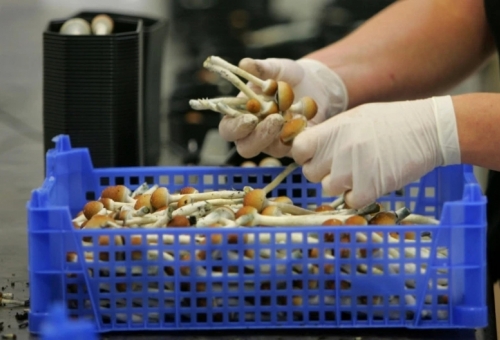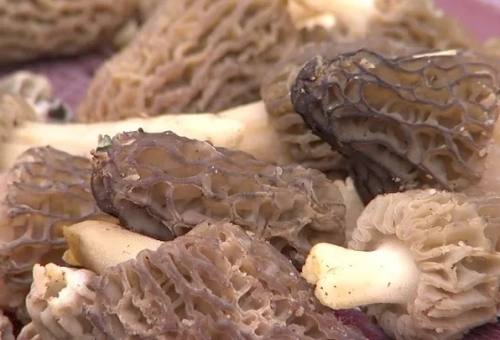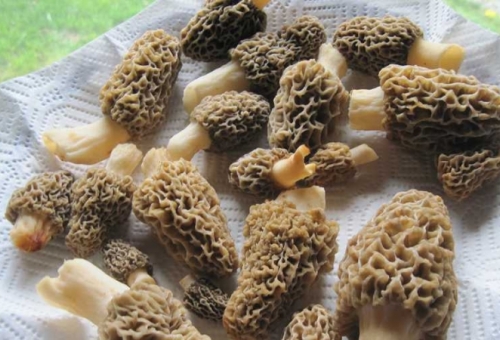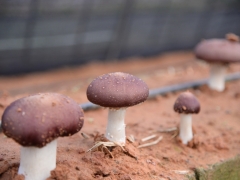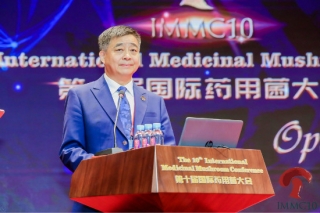A recent phase 1 clinical trial has assessed the safety of psilocybin – the stuff that puts the “magic” in magic mushrooms – and found that it produced no adverse effects. Although there are still many hurdles to jump, the positive results add to an ongoing program to develop a psilocybin-based treatment for depression that's not responded to other treatments.
Researchers from King's College London and mental healthcare company COMPASS Pathways recently carried out a randomized placebo-controlled phase 1 trial of psilocybin, the active ingredient in psychoactive mushrooms. Just under 90 healthy volunteers were divided into three groups and received either 10 milligrams of the drug, 25 milligrams, or a placebo.
The team reported no serious adverse effects of taking the doses of psilocybin, presenting their findings at the 58th annual meeting of the American College of Neuropsychopharmacology (ACNP) last week. While the participants who received the psilocybin experienced changes in their sensory perception and some reported a boost in mood – just as you might expect – none reported negative effects on cognitive function or their emotional state.
Their drug trial was a phase 1 trial, meaning it only set out to test the safety and side effects of the drug, not its potential therapeutic value or effectiveness. However, the positive results are hoped to pave the way for psilocybin to be used against treatment-resistant depression.
"This is the largest controlled study of psilocybin to date. The results of the study are clinically reassuring and support further development of psilocybin as a treatment for patients with mental health problems that haven't improved with conventional therapy, such as treatment-resistant depression," explained Dr James Rucker, lead investigator of the study and consultant psychiatrist and senior clinical lecturer in psychopharmacology at King's College London.
Over the past few years, a number of scientific studies have shown that psilocybin could be used to treat depression, especially in cases that haven’t responded to conventional treatment. There have also been strong hints that the drug could help people kick addictions, such as smoking or drinking.
The company behind this research is also currently running a phase 2 randomized control trial of psilocybin for 216 patients with treatment-resistant depression, the largest clinical study of its kind to date.
"This study is part of our overall clinical development program in treatment-resistant depression; we wanted to look at the safety and tolerability profile of our psilocybin, and to look at the feasibility of a model where up to six 1:1 sessions are held at the same time,” added Dr Ekaterina Malievskaia, chief innovation officer and co-founder at COMPASS Pathways.
“We are focused on getting psilocybin therapy safely to as many patients who would benefit from it as possible. We are grateful to the many pioneering research institutions whose work over the years has helped to demonstrate the potential of psilocybin in medicine."





